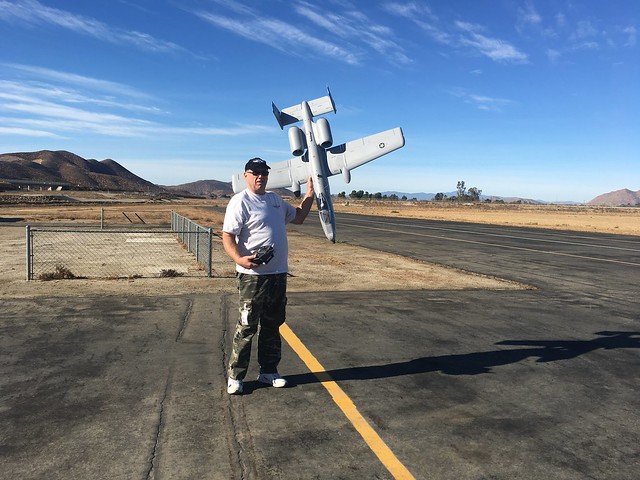Lachlan
En-Route
I think electric airplanes are for rc guys. Real airplanes burn stuff up! Is diesel the future? What about small turboprop power plants like this one? http://www.stuttgart.engineering/specifications/
At a cost of €10,000 it wouldn’t be much more than a new overhauled 4-banger carbureted 1920’s technology tractor engine that we fly behind now.
At a cost of €10,000 it wouldn’t be much more than a new overhauled 4-banger carbureted 1920’s technology tractor engine that we fly behind now.



